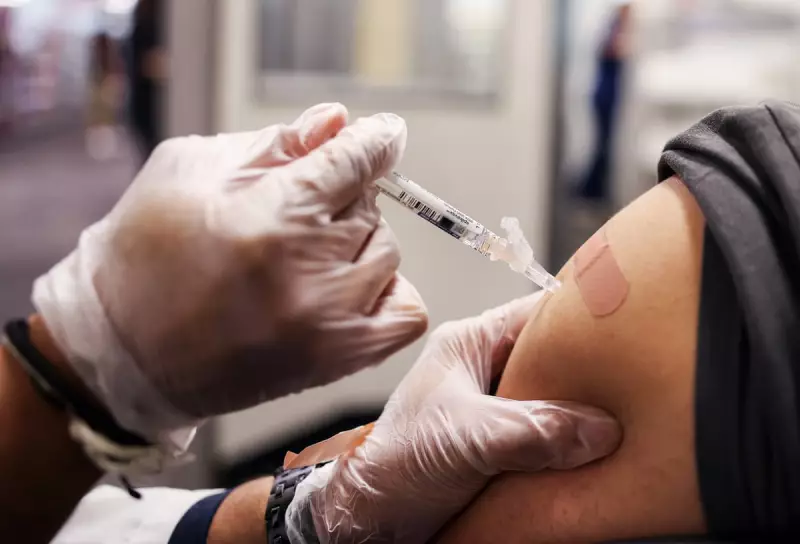
In a significant move that has sent ripples through the public health community, the US Food and Drug Administration (FDA) has announced stringent new limitations on recently approved COVID-19 vaccines. The decision comes amidst an ongoing, intensive safety review investigating potential links to rare neurological complications.
The regulatory body is mandating that vaccine providers must now explicitly inform recipients of the potential risks before administering the jab. Furthermore, the vaccines will carry the agency's most serious safety warning—a prominent 'boxed warning'—on their labelling.
Scrutiny Over Rare Side Effects
The FDA's cautious approach was triggered by a small number of reported cases involving Guillain-Barré syndrome (GBS), a rare neurological disorder where the body's immune system mistakenly attacks its own nerves. This has led to muscle weakness and, in severe cases, paralysis.
While the agency was careful to stress that a definitive causal link has not been established, the reported incidents were significant enough to warrant immediate and transparent action. The overall benefits of vaccination continue to vastly outweigh the known risks for the vast majority of the population.
A Measured Response from Health Bodies
The Centers for Disease Control and Prevention (CDC) has aligned with the FDA's position. Its independent advisory panel unanimously endorsed the new safety communications, underscoring a unified front in prioritising patient safety and informed consent.
This is not the first time such a concern has arisen; previous COVID vaccines from other manufacturers have also been subject to monitoring for GBS. The latest actions reflect the robust and continuous surveillance system that monitors vaccine safety long after initial approval.
What This Means for the Public
For most individuals, the new guidelines will translate to a more detailed conversation with their healthcare provider. The key takeaway for the public remains unchanged: vaccination is still a critical tool in the fight against severe COVID-19 illness, hospitalisation, and death.
The decision highlights the dynamic nature of medical science, where regulatory bodies remain vigilant, constantly reviewing data to ensure the highest standards of public safety are met, even for previously authorised medicines.





